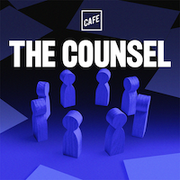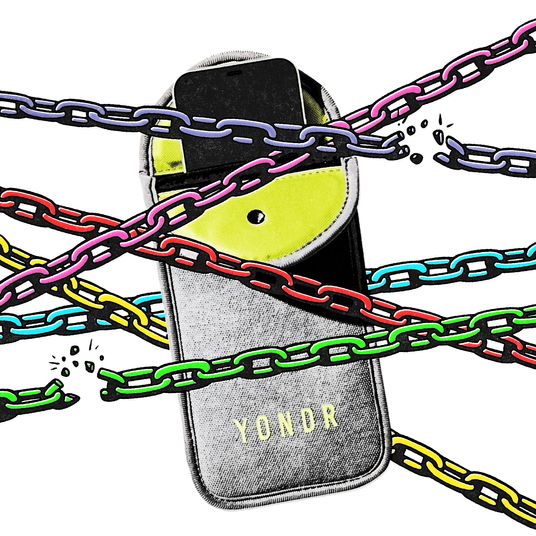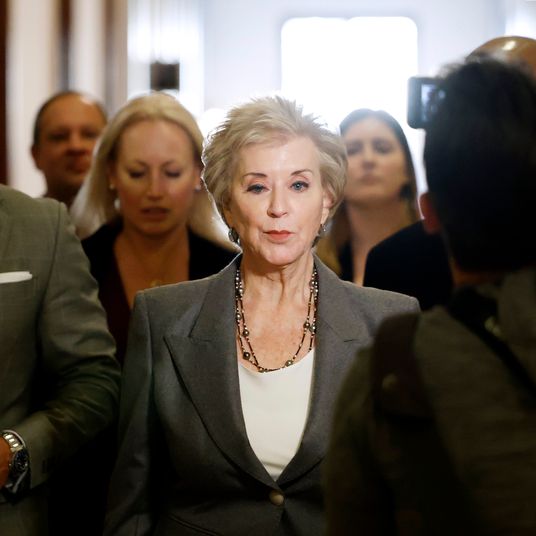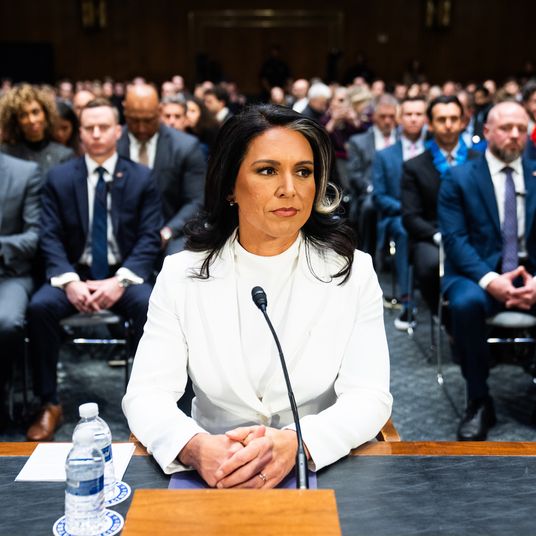
We have entered Donald Trump’s “Make Me” litigation era. He’ll do what he pleases, statutes and regulations and traditions and constitutions be damned. Don’t like it? Want him to stop? Make him.
For most civil litigants, there’s a daunting cost, financial and otherwise, that comes with losing in court (I know: Breaking News). The losing party gets hit with a monetary judgment and maybe punitive damages and attorneys’ fees on top of that. If the litigant is seeking injunctive relief — an order by a court that the other guy has to stop doing something — then he has to deal with the consequences of the behavior continuing unabated. And litigation itself is jaw-droppingly expensive, astonishingly time-consuming, and unimaginably stressful.
But Donald Trump has no reason to care. The litigation risk for him, financially and politically, is now zero.
Trump’s litigiousness has long been a professional hallmark, as the bombastic real-estate developer became infamous for stiffing contractors and forcing them to sue him to get paid. From a pure game-theory standpoint, it made sense. How many of these mom-and-pop cabinet-makers and regional concrete suppliers would invest the time and expense of hiring an attorney and filing a lawsuit (as opposed to simply agreeing to lesser payment for their services)? Even if they did sue, Trump knew he could outspend them on attorneys and outlast them in court. And if he eventually lost, no big deal; he’d essentially wind up back where he’d be if he had paid in full, up front, plus maybe some legal expenses. The upside was substantial and the risk was minimal, though not nonexistent.
But now, as president, Trump is fully indifferent to the consequences of losing. Now he doesn’t even have to pay for his attorneys, or bear the risk of liability for fees or anything else. Now he’s got the nation’s largest law firm — the U.S. Department of Justice — plus other government lawyers to do his work, all on the American taxpayers’ dime. Most politicians at least would need to consider the electoral implications of losing in court. Not Trump; he’ll never run for office again.
Indeed, over his first few weeks in office, Trump has repeatedly picked legal fights of massive consequence that he cannot reasonably expect to win. But from his perspective: Why not? Throw some catnip to his political supporters; maybe you’ll pull out a partial win of some sort, and if not, there’s no downside.
Start with the short-lived, ill-conceived freeze on over $3 trillion in federal funding. You need not dig deep to see why this was a loser: The very first enumerated power in Article I of the Constitution grants Congress the power to tax and spend. Want me to release that money? Make me.
In this case, somebody did make him. A group of litigants filed suit, a federal judge quickly blocked Trump’s move, and hours later the administration rescinded the funding freeze. Trump took a predictable, well-deserved loss in the courts. And from his perspective: So what? He got to grandstand about cracking down on wasteful government spending, he can blame some “activist” judge for the setback, and it didn’t cost him a dollar or a wink of sleep.

Listen to The Counsel podcast
Subscribe on:
Then there’s Trump’s doomed quest to undermine birthright citizenship, the notion that anyone born in the U.S. is automatically a citizen. Once again, the text of the Constitution seems to provide our answer. The 14th Amendment tells us that “All persons born or naturalized in the United States, and subject to the jurisdiction thereof, are citizens of the United States.” And the Supreme Court in 1898 reaffirmed the principle in the case of a man born in the United States to noncitizen Chinese immigrant parents. Supporters of Trump’s executive action offer up a tortured reading of “subject to the jurisdiction thereof” premised in part on a case from … 1608. (Fun facts: The U.S. became a country in 1776, and the 14th Amendment was ratified in 1868.)
Again, Trump has charged headlong down the path to legal defeat. A federal judge quickly blocked Trump’s executive order and lambasted the poor DOJ sap who had to go into court and argue for it: “This is a blatantly unconstitutional order … I have difficulty understanding how a member of the bar would state unequivocally that this is a constitutional order. It just boggles my mind.” Well, you might be thinking, that sounds like some Trump-deranged Biden or Obama appointee. Think again: This was Judge John Coughenour, who was put on the bench by … Ronald Reagan. (I did the math; yes, it is possible, barely.)
And then we get to the blitz of payback firings of DOJ prosecutors and FBI agents who worked on the prosecution of Trump or other January 6 defendants. It does happen from time to time that a federal prosecutor or law-enforcement agent gets canned — but only when they engage in misconduct or for other good cause. Here, the Trump administration offers no pretext, explicitly tying the firings to the fact that the officials had the gall to work on politically disfavored cases. It’s pure, uncut vengeance.
This effort, too, will likely fail to some extent, and various lawsuits have been filed resisting the purge. First, there’s simply no wrongdoing, no cause for termination. And second, these employees generally have procedural rights to notice, hearing, and appeal before they can be dispatched. But, just as when he would stiff his contractors, Trump has flipped the process. Don’t like it? You can go hire a lawyer and spend the money, time, and anguish of suing me. Make me.
Trump’s not the first or only politician to pick legal fights that he knows he’s unlikely to win. When Joe Biden announced his plan to magically make student debt disappear, either he had to know he would lose or else he was getting horrendous legal counsel. (He did lose, eventually.) It was more about having the fight than winning. On the 2020 campaign trail, Biden had promised to erase student-loan debt, and if the courts ultimately stifled him, at least he could say he gave it his best shot.
There’s no equivalence here. Biden and plenty of other politicians from both parties have pursued policies they had to know were likely to fail in court from time to time. But Trump has done this as a default: Act first, and let them sue later. Historically, the prospect of losing in courts has served as a powerful disincentive to illegal presidential action. But Trump, the ultimate transactionalist, plainly has calculated that the potential cost, to him, is nothing.
This article will also appear in the free CAFE Brief newsletter. You can find more analysis of law and politics from Elie Honig, Preet Bharara, Joyce Vance, and other CAFE contributors at cafe.com.





























